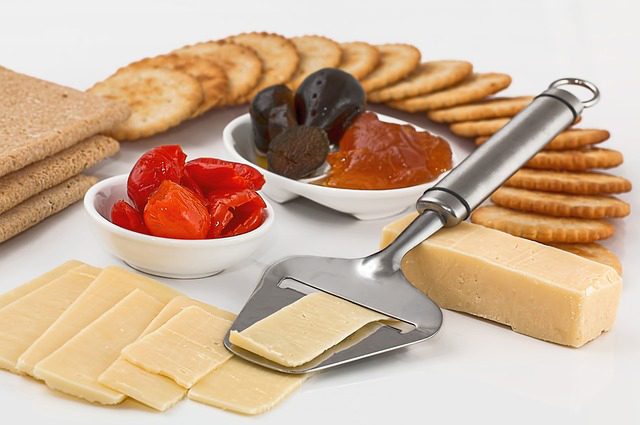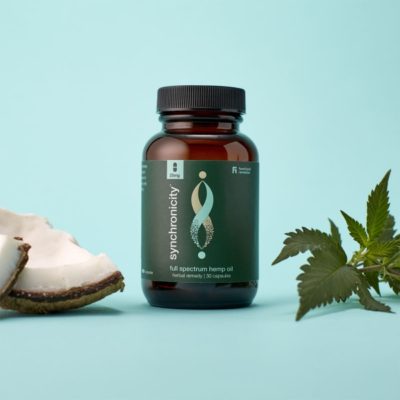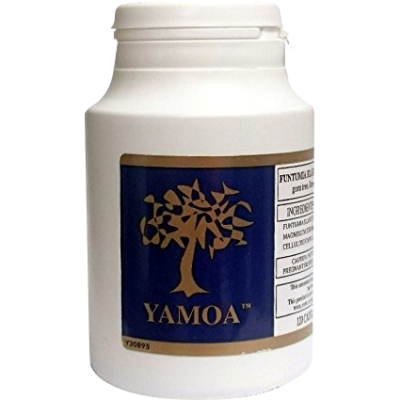You may be surprised to learn that making some simple changes in your diet can help reduce the severity of spring and year-round allergies.
If you have any underlying food allergies or sensitivities you should avoid those foods. A study conducted on eighty eight children under one with allergic rhinitis, asthma, or both were placed on a hypoallergenic diet for 6 weeks. 90% of the children experienced significant improvement in one week of starting the diet. (Ann Allergy. 1977; 39(1):8-11.) Other studies have found symptom improvement with just avoiding food additives such as MSG and sulfites which can also evoke an immune response in sensitive individuals.
It should be noted that skin prick and RAST tests for type 1 IgE food allergies are not the most reliable for identifying foods that make seasonal allergies worse. The most reliable way to identify problematic foods is by eliminating all the common foods from your diet and re-introducing them back one at a time. This is known as an elimination diet or a food challenge diet. Mediator Release Testing (MRT) and the LEAP immuno-calm diet program is another option. It identifies all non-IgE food and food chemical sensitivities that cause an immune response in the body.
Allergies are an inflammatory response, so eating an “anti-inflammatory” diet can help. In addition to avoiding food allergies and food sensitivities, also eat plenty of antioxidant-rich fruits and vegetables and foods rich in omega 3 fats. Limit sugar and saturated and trans fats as these promote inflammation. A study published in the June 2006 issue of Public Health Nutrition found that people who had higher concentrations of carotenoids, reflective of a diet rich in various fruits and vegetables, were less likely to suffer from allergic rhinitis. Similar results were found in children in Greece who consumed a Mediterranean diet rich in fruits, vegetables, nuts, legumes, whole grains and olive oil. These children suffered less from allergic rhinitis, asthma symptoms and skin allergies. (Thorax 2007;62:677-683)
A 2005 study in the European Journal of Clinical Nutrition found that a high intake of omega 3 fatty acids was associated with a reduced risk of allergic sensitization and allergic rhinitis. Good food sources of omega 3 fats include fatty fish such as salmon, mackerel, tuna, and anchovies. Flaxseed and walnuts are the best plant-based sources of omega-3 fats. If you don’t eat these foods then consider taking a high-quality 3rd party tested fish oil supplement.
2011 Megan Witt, RD, CLT








